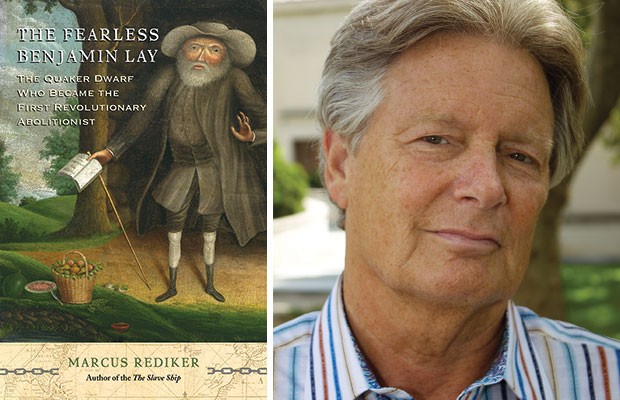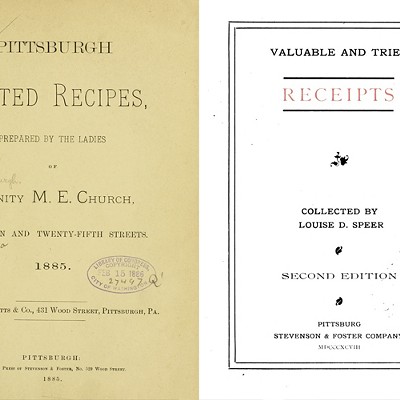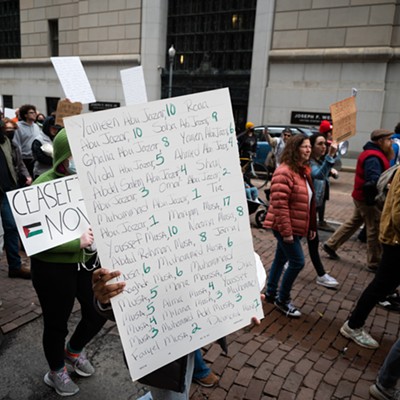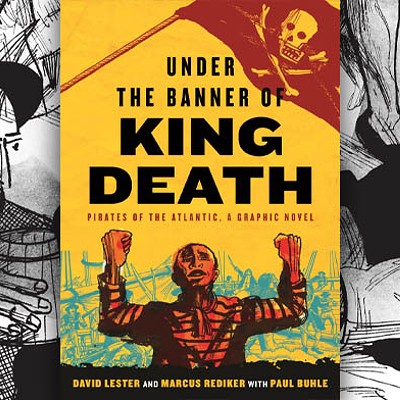Marcus Rediker is a distinguished professor of Atlantic history at the University of Pittsburgh who has written multiple books on the slave trade and the pirates of the Atlantic. Now, Rediker has written his first biography, The Fearless Benjamin Lay: The Quaker Dwarf Who Became the First Revolutionary Abolitionist (Beacon Press).
Benjamin Lay was a man far ahead of his time, not just in his views on slavery, but in many ways, according to Rediker. “He was a passionate advocate of nonviolence. He wanted to live in a world without violence to animals, without violence to the environment, and especially without violence to human beings,” says Rediker, in a phone interview. “He also had very progressive views on gender. Benjamin Lay was a very conscious person in every respect.”
Rediker first crossed paths with Lay when he was researching sailors and the Atlantic slave trade, as well as an early era of anti-slavery activism in the 1730s. There were slave revolts and urban riots; it was also the first era of anti-slavery writing. That research turned into 2013’s The Many-Headed Hydra: Sailors, Slave, Commoners, and the Hidden History of the Revolutionary Atlantic, which he co-authored with Peter Limbaugh.
It was more than 20 years ago when Rediker first read Lay’s book All Slave-Keepers That Keep Innocent in Bondage, Apostates. But he always believed that the Quaker who battled slavery tirelessly for nearly four decades needed his own book.
To be sure, the title of Lay’s book is clunky, reflecting the time and also the fact that Lay was an autodidact who wasn’t much concerned with style or narrative flow. But Lay wasn’t some unpolished rube. He had traveled the world as a sailor, and he drew on his tremendous understanding of the Bible, as well as ancient Greeks like Diogenes. Even Rediker admits that the prose can be difficult, but Lay’s passion and rigor come through.
Lay was born in Essex, England, in 1682, and spent a number of years traveling, working as a sailor. He saw slavery up close in his travels and spoke at length with other sailors about what they had seen working slave ships. The stories they told him led him to denounce the slave trade as nothing more than “organized murder.” Indeed, millions suffered and died in transit.
Lay and his wife, Sarah, herself a traveling Quaker minister, married in England and then lived for a time in Barbados, where they encountered slavery, in all its horror, up close. When they moved to Philadelphia, a city teeming with Quakers, he and Sarah were shocked to find that a large number of Quakers owned slaves. He could not sit by and merely witness the scope and barbarity of American slavery. He called to task Quakers who owned slaves. He raised a ruckus at meetings. He staged guerrilla theater to get the attention of other Friends and spoke out at all times. (It wasn’t until 1776 that the Society of Friends completely banned slave-owning for Quakers, well after Lay’s death in 1759, but the abolitionist movement within the Quaker church was heavily influenced by him. Quakers were among the most outspoken abolitionists.)
But during his life, Lay was considered by many to be a man of strife and contention, in the parlance of the time. His opponents tried to silence him through censure; they disparaged his appearance. But Lay was undeterred. He was a man possessed of a radical spirit and great moral clarity.
And he didn’t merely talk the talk, he walked the walk. As Rediker writes, “Benjamin boycotted all commodities produced by slave labor. He understood the dark secrets of the marketplace: He saw the violent conditions under which the commodity of sugar was produced and the suffering of the producers, all of which he first grasped in Barbados where ‘sugar was made with blood.’”
Lay lived simply, in a cave outside of Philadelphia. He was a vegetarian and grew most of his own food. He walked everywhere, miles at a time, as he didn’t believe in harnessing horses to be ridden. He spun fabric out of flax, eschewing wool (animal product) and cotton (picked by slaves.) He didn’t even drink tea, because of the slave trade in India.
It’s clear that Rediker himself greatly admires Lay — who, he concedes, must have been a trying, difficult person with whom to be friends. And yet, maybe he is the right person for this moment in American history. “To me, it is just shocking and wrong that one of the most militant opponents of slavery this country ever had is almost entirely unknown. Benjamin Lay represents a higher set of ideals, much more inclusive and democratic, an egalitarian set of ideals with respect for peoples and nations, animals and the environment.”



















